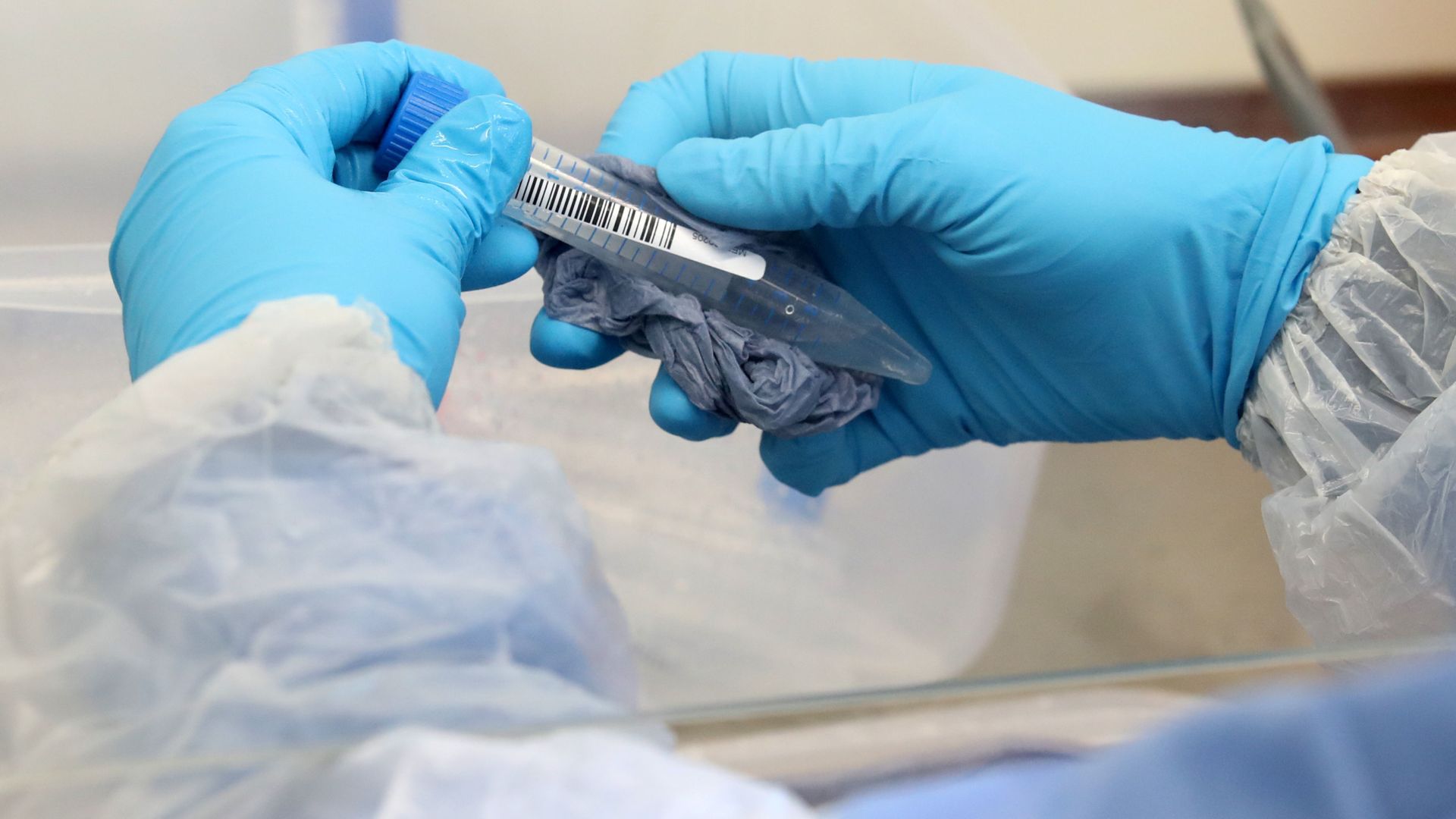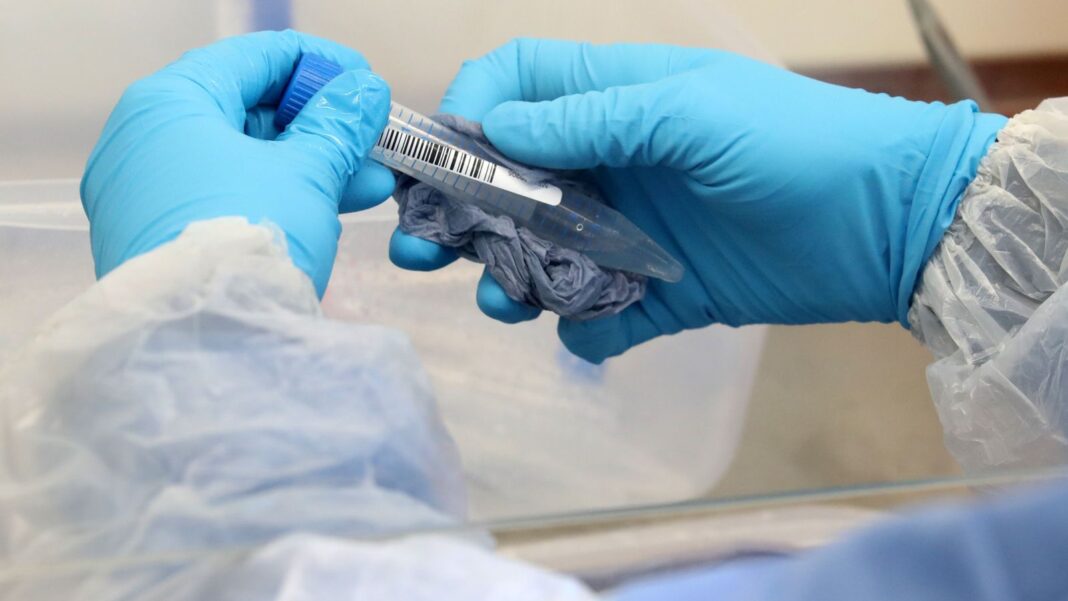
Two companies are being sued by the British government for over £145m after they allegedly supplied defective COVID-19 tests.
The government has told the High Court that the tests “failed at an unacceptable rate” but the companies deny the accusations and claim the tests were effective.
The Department of Health and Social Care (DHSC) is reportedly seeking a refund for thousands of COVID tests that were produced by the companies Primer Design Ltd and Novacyt.
The two companies face accusations that they breached a contract signed in 2020 due to “unduly high” levels of test failures.
The companies have launched a counter legal claim against the government to recover £70m they say is owed to them.
Adam Heppinstall KC, representing the DHSC, told the court that: “The failure rate is far in excess of anything that can be tolerated in a product.”
He continued: “Time is of the essence and the quality and robustness of the test is very important. A false negative is frankly very dangerous for public health.
“A test that does not work as often as this test did not work would slow down a laboratory to the point of uselessness, which in itself is a threat to public health.”
DHSC signed a contract with both companies in September 2020, before the second lockdown and the companies agreed to provide 6,300 ‘Exsig’ COVID kits per week until January 2021, costing the government £145.9m before VAT.
Before being distributed to the public, the COVID kits were tested by the Technologies Validation Group (TVG) which identified concerns.
Read more:
Long COVID leaves distinctive signs in blood
‘Next pandemic is around the corner’ experts warn
In November 2020, TVG deemed the tests should not be used and the kits were never rolled out across the NHS.
“Exsig failed at an unacceptable rate due to design and/or manufacturing defects and therefore lacked robustness”, Mr Heppinstall told the court.
He said that Exsig tests were analysed in seven NHS laboratories, six of which found a failure rate higher than 10% – including four reporting a failure rate of 25%.
Mr Heppinstall said the tests kits were “unfit for public use” putting the companies in breach of the contract.
In response, the companies launched a legal claim against the government for £69.7 million and other costs over three unpaid invoices.
Their barrister, Andrew Twigger KC, said in written submissions that evidence of the test failures was “seriously and obviously flawed” and that a trial should take place, and described the government’s claim as “thoroughly bad”.
He said testing on the Exsig kits provided some findings that should have been excluded, and that a test could be unsuccessful for “all kinds of reasons”.
“Once these results are removed from the TVG analysis, and other errors made by TVG are corrected, there is no evidence that the sensitivity of the Exsig Kits reported by the NHS laboratories who provided information for the TVG validation exercise was less than 100%,” Mr Twigger said.
He continued: “Were it not for the errors made by TVG in its assessment of the laboratory results, the Exsig kits would never have been rejected on sensitivity grounds and this claim would never have been brought in the first place.
“Faced with that difficulty, the government is attempting to mount a rearguard action in the form of this ‘robustness’ claim, which on analysis is unsustainable.”
The hearing is set to continue at the High Court.







